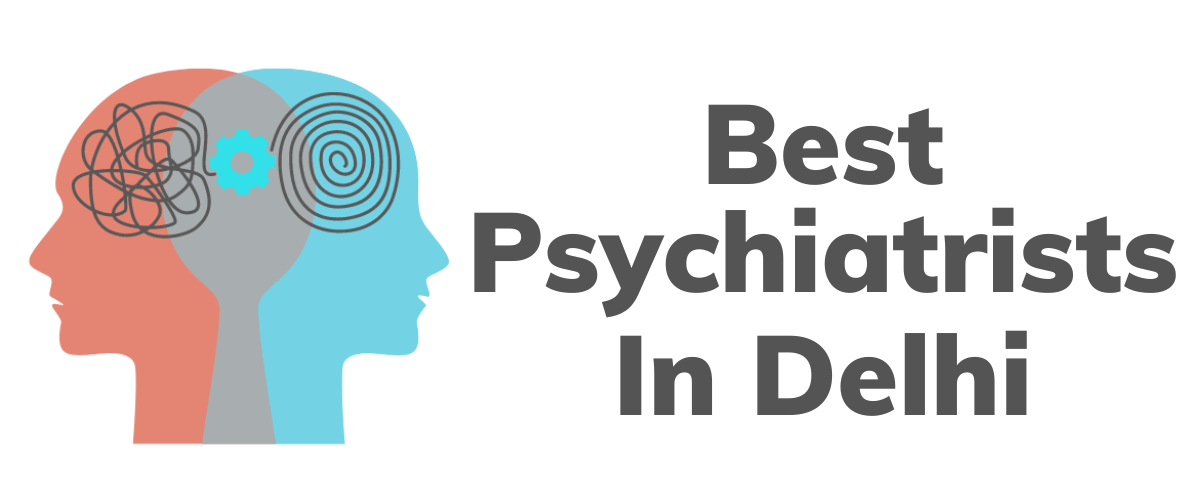OCD Meaning
OCD Meaning
Obsessive-compulsive disorder (OCD) is a mental illness characterized by intrusive, unpleasant thoughts or sensations (obsessions) or the urge to engage in ritualized, automatic activities (compulsions). Some people frequently have obsessions and compulsions.
OCD is not characterized by behaviors like nail-biting or pessimistic thinking. A compulsive habit might be washing your hands seven times after touching something that might be dirty, whereas an obsession might be the idea that particular numbers or colors are “good” or “bad.” You may not want to think or act in these ways, but you feel unable to stop.
Everyone occasionally has repetitive habits or thoughts. OCD patients may have or do the following:
- Interfere with your social life, your job, or another aspect of your life
- At least one hour each day
- Aren’t entertaining
- Are not under your control
Also Read:
Needs and Compulsions
Many people with OCD know that their ideas and actions are crazy. They do these things not because they want to, but because they can’t stop. And if they give up, they feel bad and start over.
Some types of obsessive thoughts are:
Worry that you or others will get hurt
Paying constant attention to the body feels like breathing, blinking, or other body functions
Suspicion that a partner has been unfaithful, but no real evidence to back it up.
Some examples of compulsions are:
Getting things done in a certain order or a certain number of times is “excellent” each time
Keeping track of the number of steps or bottles
People with this fear don’t like to shake hands, use public bathrooms, or touch doorknobs.
Types of OCD and Their Signs
OCD can show up in many different ways, but most cases fall into at least one of four broad groups:
Having a mental disease like pregnancy or schizophrenia, or checking things like locks, alarm systems, ovens, or light switches
Contamination, fear of things that might be dirty, or the need to clean. If someone treats you badly, you could get mentally contaminated.
Order and balance, the need for things to be set up in a certain way
Thoughts that won’t go away and a fixation on one idea. Some of these thoughts might be violent or unsettling.
Diagnosis Of OCD
Your doctor may do a physical check and blood tests to make sure that something else isn’t causing your symptoms. They will also talk to you about your feelings, thoughts, and daily habits.
OCD Causes and Risk Factors
Doctors don’t always know why some people have OCD. Stress could make signs worse.
It affects a little more women than guys. Symptoms often show up in teens or young adults.
The risk factors for OCD are:
OCD in a child, parent, or sister
Different parts of the brain have different looks.
Tics, sadness, or worry
Being aware of stress
A history of physical or sexual abuse in the past
If a child has a streptococcal illness, they may sometimes develop OCD. This disease is called PANDAS, which stands for Pediatric autoimmune neuropsychiatric disorders associated with streptococcal infections.
OCD Treatment
You can’t get rid of OCD. But you might be able to control how much your symptoms get in the way of your life with the help of medicine, therapy, or a mix of the two.
Some treatments are:
Cognitive behavioral therapy is a type of psychotherapy that can help you change the way you think. As part of a method called “exposure and response prevention,” your doctor will put you in a situation that is meant to make you feel anxious or bring on compulsions. You will learn how to cut down on and then stop your OCD ideas or actions.
Simple things like yoga, massage, and meditation can help people with worried OCD relax.
Certain serotonin reuptake inhibitors are mental drugs that help a lot of people deal with their obsessions and compulsions. It could take anywhere from two to four months to start working. Common ones (Zoloft) include escitalopram (Lexapro), citalopram (Celexa), clomipramine (Anafranil), fluvoxamine, paroxetine (Paxil), and sertraline. If you still have symptoms, your doctor may give you antipsychotic drugs like aripiprazole (Abilify) or risperidone (Risperdal).
